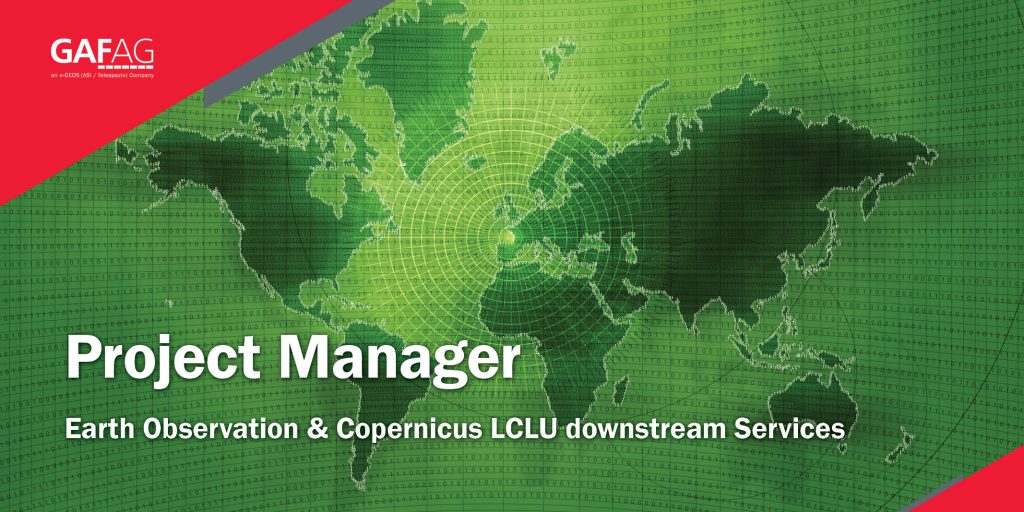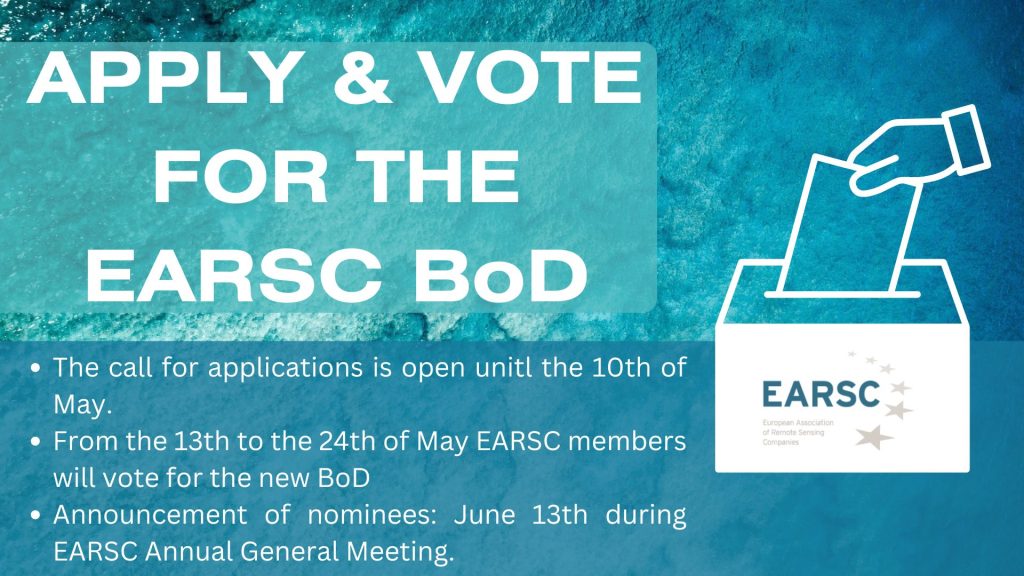
The voice of the Earth Observation
Industry
Barents bloom, Sentinel-2A - processed by ESA, CC BY-SA 3.0 IGO

Discover the largest European
Earth Observation Network
Lake Balkhash, Kazakhastan, Sentinel 2 - processed by ESA, CC BY-SA 3.0 IGO

EARSC promotes the understanding
of our Planet for societal benefits
Brussels, Spot 5 Sqtellite - Airbus Defence and Space
EARSC 4 Pillars
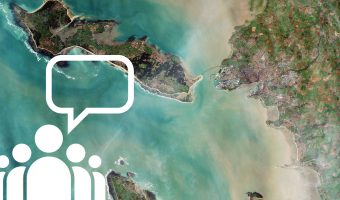
Representing the Members
The core pillar of our activities is to support and promote our members. We achieve this goal mainly through projects which we undertake (see projects). Members’ views are gathered through a series of ad-hoc working groups dedicated to important topics. We inform our members through a monthly report and a dedicated portal about important news and information, as announced bid opportunities – and dedicated e-mails for key items.
Read More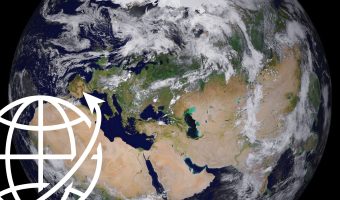
Market development & Internationalization
EARSC is engaged in a wide range of activities to develop new markets and business opportunities for our members. Our strategy is to engage users, identify needs and stimulate demand for European EO services both in Europe and abroad with complementary commercial and geographical approaches.
Read More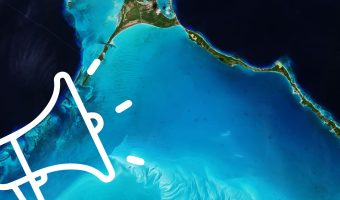
Promoting the industry
EARSC employs a range of sophisticated digital tools to promote the European EO sector. EARSC has three main digital tools which cover creating a shared vocabulary (EARSC TAXONOMY) , providing a common space to find EO companies, and a common space to discover ‘online’ EO services.
Read More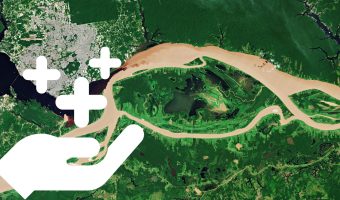
Showing the value of Earth Observation
The Earth observation sector delivers a wide range of social and environmental and economic benefits to citizens of Europe and the world. To properly and consistently value these impacts, EARSC leads the Sentinel Benefits Study (SeBS) project in which we measure the total societal impact of products and services coming from Sentinel satellite data.
Read MoreEARSC NEWS
Thailand's Theos satellite
Thailand’s Theos satellite has another chance to get into orbit now Russia has negotiated a deal with Kazakhstan to take rocket waste discharged during the launch process. The launch is now expected by September. Theos _ short for Thailand Earth Observation System _ will be Thailand’s first natural resources survey satellite. Its launch has been
JRC supports Chinese authorities in post earthquake measures
At the request of the European Commission Delegation in China and in agreement with the Ministry of Science and Technology, the JRC Institute for the Protection and Security of the Citizen (IPSC) provided a scientific and technical support package to the Chinese Academy of Sciences, Centre of Earth Observation and Digital Earth (CAS/CEODE), in order to contribute to post Wen Chuan earthquake disaster measures, such as damage assessment for reconstruction planning and future disaster risk reduction initiatives.
1Spatial acquires ComSine: Strengthening Sensor Web capabilities
1Spatial, a leader in spatial data management, today announces the acquisition of ComSine, a privately owned SME specialising in IT consultancy and development for the telecommunications, navigation and geographic information industries, including satellite Earth observation.
Planet Action launches an international Call for Projects
The Earth Observation and GIS communities taking action to fight the climate crisis
Key figures on European business
…with a special feature on the factors of business success print this page
2nd Europe INNOVA Conference on 22-24 October 2008 in Lyon, France
ACCELERATING INNOVATION IN EUROPE
Facebook 'dipping' craze irks pool owners
“Teenagers are using internet satellite images to spot outdoor swimming pools before meeting for late-night dips. The new craze, known as ‘dipping’, involves people using pictures from Google Earth to identify homes that have large outdoor pools.” (The Telegraph)
Space for European innovation
The EU has transformed space into a strategic policy area. The Global Monitoring for Environment and Security (GMES) initiative is among its major success stories and is reaping a wealth of environmental and social benefits, as well as stimulating space research and generating downstream commercial applications.
Is GMES an opportunity for the service industry?
PRESENTATIONS & RECOMMENDATIONS WORKSHOP 19-03-08. More Information
Volker Liebig at environmentalresearchweb
For more than 40 years, Earth observing satellites have delivered valuable data about our planet and enabled a better understanding and improved management of the Earth and its environment. Demands for these data are increasing daily as decision-makers are faced with the need to respond to environmental change, manage sustainable development and react to natural disasters and civil security issues.
EU Space Governance Overhaul Urged
(June 13). A dedicated space budget line and a separate space directorate are among a growing chorus of recommendations aimed at changing the way the European Union (EU) manages its space activities.
Supporting the implementation of an operational GMES service in the field of emergency management
The European Commission has published a call for tender to support the implementation of an operational GMES service in the field of emergency management.
Africa: Satellite Images Tell Striking Story of Change
“Africa: Atlas of our Changing Environment,” a publication which reveals stories of how environmental change is affecting more than 100 locations in every country in the continent, was launched in Johannesburg on June 10.
Earth Observation Data: an essential asset to be preserved
The demand for historical Earth Observation (EO) data series has strongly increased in the last ten years, mainly for long term science and environmental monitoring applications.
Google, Microsoft and the Open Geospatial Consortium (OGC)
The introduction of geospatial technologies such as Google Earth™, Microsoft® Virtual Earth™, ESRI’s ArcGIS™ Explorer and other Earth visualization systems has greatly increased the number of computer users who think about geography and Earth Observations (EO).
Disaster Response Imagery Ample, but Distribution Still Tough
By Peter B. De Selding, Berlin, Space News Staff Writer (June 9, 2008)
MEMBERS NEWS


